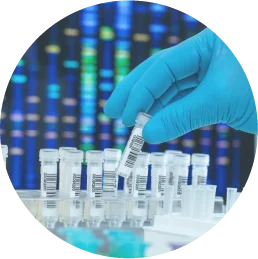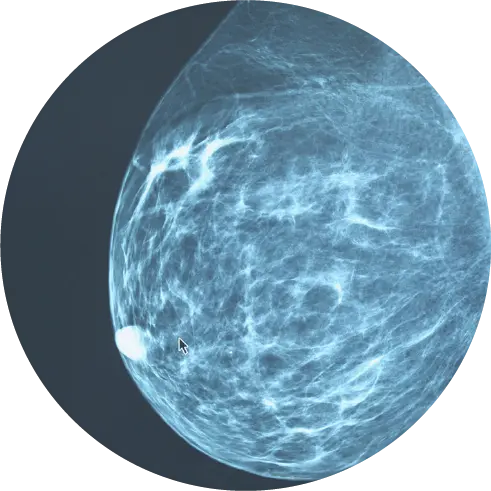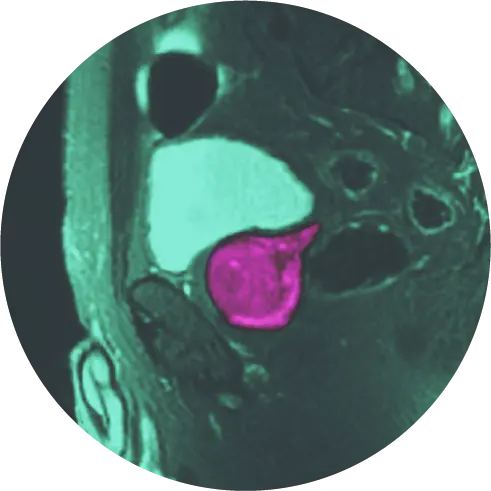Whole Body MRI Scans
Whole-body MRI
Wernher von Braun, who with his team launched the first American satellite into space said, “One test is worth a thousand expert opinions.” With today’s advanced imaging technology, radiologists can take “one picture” of the entire inside of your body which is comparable to “a thousand expert opinions.” Magnetic Resonance Imaging (MRI) scanners allow physicians to perform a whole-body scan (also known as a full-body scan), without ionizing radiation from Computed Tomography (CT) scans.
A whole-body MRI scan looks at the body from head to toe in order to find cancers, inflammation or obstructive processes in the body. In the head, the exam can show brain masses, shrinkage, old strokes, the sinuses and nasal cavities. In the neck, abnormalities in the lymph nodes, thyroid masses or arthritis in the cervical spine can be identified. In the chest, we check the heart for enlargement and the aorta for aneurysms. Moving to the abdomen and pelvis, we can evaluate the kidneys, liver, spleen, adrenal glands, gallbladder (gallstones), pancreas, bladder, uterus and ovaries. We look at the spine to check for disc herniation and spinal stenosis; and in the extremities, arthritis in the joints. An additional exam of a specific area may be required if an abnormality is identified in order to obtain more detailed information.
If you have a history of smoking, it is recommended that a CT lung screening without contrast be added to the whole-body MRI screening. Lung cancer screening is recommended for adults who have a long history of smoking but do not have any signs or symptoms of the disease.
A body composition analysis is not currently being offered as part of HALO’s full-body MRI procedure. A patient-specific body composition analysis produces measurements based on the images. Information regarding muscle volume, visceral and subcutaneous fat, as well as liver fat volumes, are all included in a body composition analysis.
Bone density scans are also available as an additional procedure for patients. The test report from these scans may indicate low-bone density, your risk for osteoporosis, and/or identify weak bones. The bone density scan is a quick and painless exam that measures the amount of minerals and calcium in a person’s bones.
Purposes
This exam is useful for individuals who are asymptomatic, yet want an overview of their current health condition. Early detection of cancers can radically change the type of treatment options that will be available to a patient. Physicians will use the precise and accurate data from the full-body MRI report to order diagnostic imaging, lab, and/or other tests. Physicians may also recommend simple changes in lifestyle such as eating habits or exercise.
Insurance Coverage
As with many screening exams available today, this exam is not currently covered by insurance. Patients may have questions about full-body MRI costs with insurance and full-body MRI costs without insurance. Contact HALO’s billing department for more information about costs.
Whole-body MRI scans are often classified as elective procedures. This means that patients can opt to have whole-body MRI scans performed without a physician’s order, otherwise known as an elective MRI.
Your whole-body MRI screening will also include a consultation with one of our Board Certified Radiologists at HALO Precision Diagnostics™.
Schedule a Consultation
Submit this form and we will contact you, usually within 24 hours, to answer your questions.



